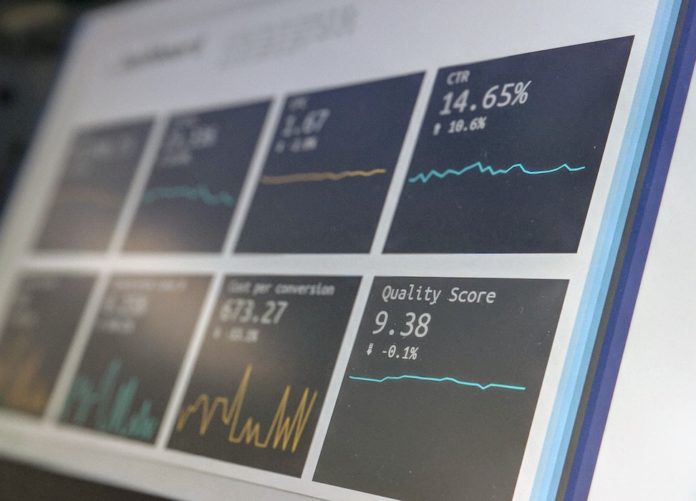Firms that strategically invest in creating data-to-insights capabilities through modern data and analytics pipelines are seeing their revenues and profit by more than one-fifth, a global study by Qlik and IDC shows.
The global IDC survey, sponsored by Qlik, of 1,200 business leaders shows that companies with a higher ability to identify, gather, transform, and analyse data to glean insights benefited from higher quality decision making and better business outcomes, including improved operational efficiencies, increased revenue and increased profits.
Six in every seven (86%) of organisations in the top half of those surveyed with the best data analytics pipelines also get the highest decision-making scores. Two-thirds (67%) of organisations in the top half of those surveyed with the highest decision-making scores had the highest business outcomes scores.
“Even in these challenging economic times, CEOs at major enterprises are continuing to invest in their data pipelines to close the gaps and enable their organisations with more high quality and valuable data for decisions,” said Dan Vesset, group VP for analytics and information management at IDC.
Three-quarters of companies in the survey with the highest demonstrable data-to-insights capabilities, resulting in strong data pipelines that drive better decisions, see significant bottom line impact — with 76% saying operational efficiency improved by an average of 21%, 75% saying revenue increased by an average of 21%, and 74% saying profit increased by an average of 22%.
The challenges to deploying data pipelines that drive better decisions and business outcomes are significant. Organisations are dealing with complex and varied data types and sources, which can leak through data and analytics pipeline gaps.
Of those surveyed, over 60% experienced significant challenges in assessing the value of data and identifying valuable data sources, often due to a lack of a data catalog. And over 42% surveyed identified assuring data correctness as a main challenge when processing or transforming data for analysis.
“Organisations must close the gaps in their leaky data pipelines to consistently transform their data into ongoing and real business value,” said James Fisher, Chief Product Officer at Qlik.
















